Log in and enrol
Virtual and Augmented Reality to support training and maintenance
Virtual and Augmented Reality to support training and maintenance
Industrial maintenance and skill development in the age of digital transformation.
Questo progetto è promosso da MOST - Centro Nazionale per la Mobilità Sostenibile, Spoke Leader SP04 – Trasporto Ferroviario. Progetto finanziato dall’Unione europea - NextGenerationEU – Piano Nazionale Resistenza e Resilienza (PNRR) - Missione 4 Componente 2 Investimento 1.4 – Progetto CN_00000023 denominato Sustainable Mobility Center CUP D43C22001180001.




Questo MOOC è finanziato dall’Unione europea - NextGenerationEU – Piano Nazionale Resistenza e Resilienza (PNRR). I punti di vista e le opinioni espresse sono tuttavia solo quelli degli autori e non riflettono necessariamente quelli dell'Unione europea o della Commissione europea. Né l'Unione europea né la Commissione europea possono essere ritenute responsabili per essi.
Course description
In the age of digital transformation, this course examines the significant impact of augmented and virtual reality technologies on industrial maintenance and training processes. Beginning with an exploration of existing challenges in these areas, it offers a thorough overview of the latest technologies and their applications. Participants will discover how augmented and virtual reality can be used to enhance and modernize maintenance and training practices, resulting in more efficient and effective operations. The course aims to identify practical solutions to current issues, promoting a deeper understanding of how these technologies support an Industry 5.0 framework. Through expert insights, learners will acquire the skills and knowledge needed to drive digital innovation within their organizations, ensuring smooth integration of these advanced technologies into their maintenance and training strategies.
Intended Learning Outcomes
By actively participating in this MOOC, you will achieve different intended learning outcomes (ILOs):
Week 1 (Virtual, Augmented and eXtended Reality for Digital Transformation, Training and Maintenance in Industry 5.0 era)
- What is Industry 4.0, Industry 5.0
- What is a digital transformation
ESCO: keep up with digital transformation of industrial processes - How XR technologies can impact training and maintenance
ESCO: Virtual reality ESCO: Augmented reality
Week 2 (Input technologies, Output technologies, Haptics, Olfactory Displays and integration, Presence, Agency, Immersion)
- What are input and output technologies
- Haptics and multisensory interaction with XR environments
- What are the concepts of presence and immersion
- What are the meanings of embodiment and sense of agency
Week 3 (Testing and experimental design)
- How to design an experiment to test an hypothesis
ESCO: scientific research methodology - Manage variables and conditions
ESCO: scientific research methodology - Assess the validity of the experiment
ESCO: scientific research methodology
Week 4 (Designing and developing XR environments, Procedural training, and sensory-motor skill training in XR, Real-time remote maintenance support)
- Understand what an XR environment is
ESCO: Virtual reality ESCO: Augmented reality - Learn how to design an XR environment for industrial training
- Learn how to design an XR environment to support remote maintenance
Prerequisites
No prerequisite knowledge is required for this course.
Activities
Over and above consulting the content, in the form of videos and other web-based resources, you will have the opportunity to discuss course topics and to share ideas with your peers in the Forum of this MOOC. The forum of this MOOC is freely accessible and participation is not guided; you can use it to compare yourself with other participants, or to discuss course contents with them.
Section outline
Assessment
Your final grade for the course will be based on the results of your answers to the assessed quizzes. You have an unlimited number of attempts at each quiz, but you must wait 15 minutes before you can try again. You will have successfully completed the course if you score a total of 60% (or higher) in each of the assessed quizzes.
The maximum score possible for each quiz is given at the beginning of the quiz. You can view your score in the quiz on your last attempt or on the 'Grades' page.
Certificate
You can achieve a certificate in the form of an Open Badge for this course, if you obtain, at least, 60% of the total score in the graded quizzes and by filling in the final survey.
Once you have completed the required tasks, you will be able to access ‘Get the Open Badge’ and start issuing the badge. Instructions on how to access the badge will be sent to your e-mail address.
The Badge does not confer any academic credit, grade or degree.
Information about fees and access to materials
The course is delivered in online mode and is available free of charge.
Course faculty
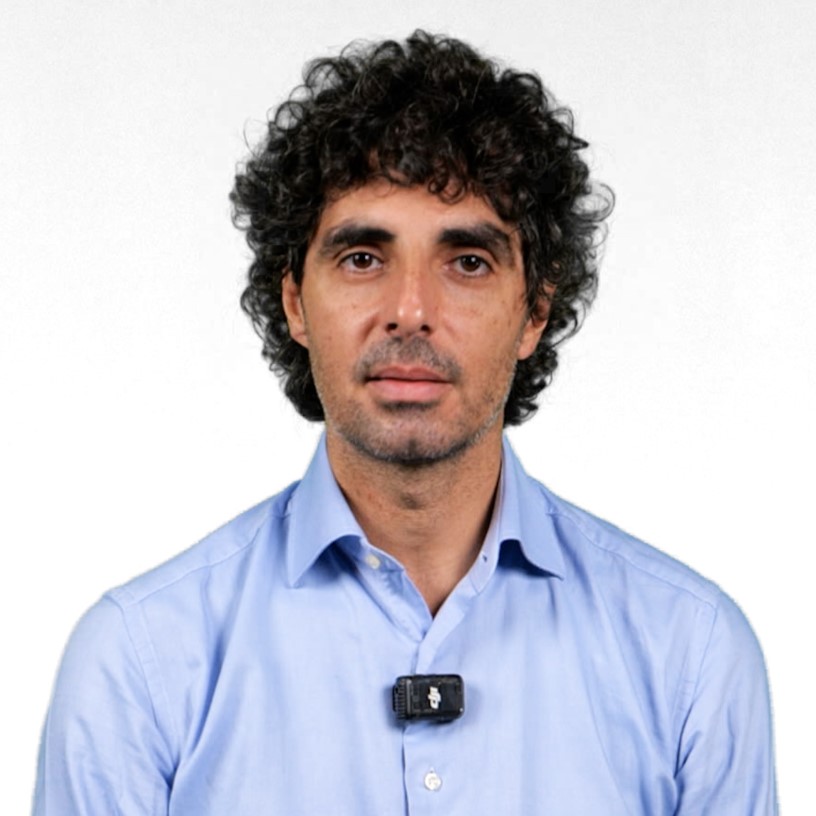
Francesco Ferrise
Teacher
Full professor at the Department of Mechanical Engineering, he serves as Associate Editor for both the ASME Journal of Computing and Information Science in Engineering (JCISE) and IEEE Computer Graphics and Applications. Additionally, he is a member of the scientific committee for leading conferences on Virtual and Augmented Reality technologies. His research focuses on leveraging these technologies to aid product development. He also teaches courses on the application of Virtual and Augmented Reality technologies in industrial engineering.
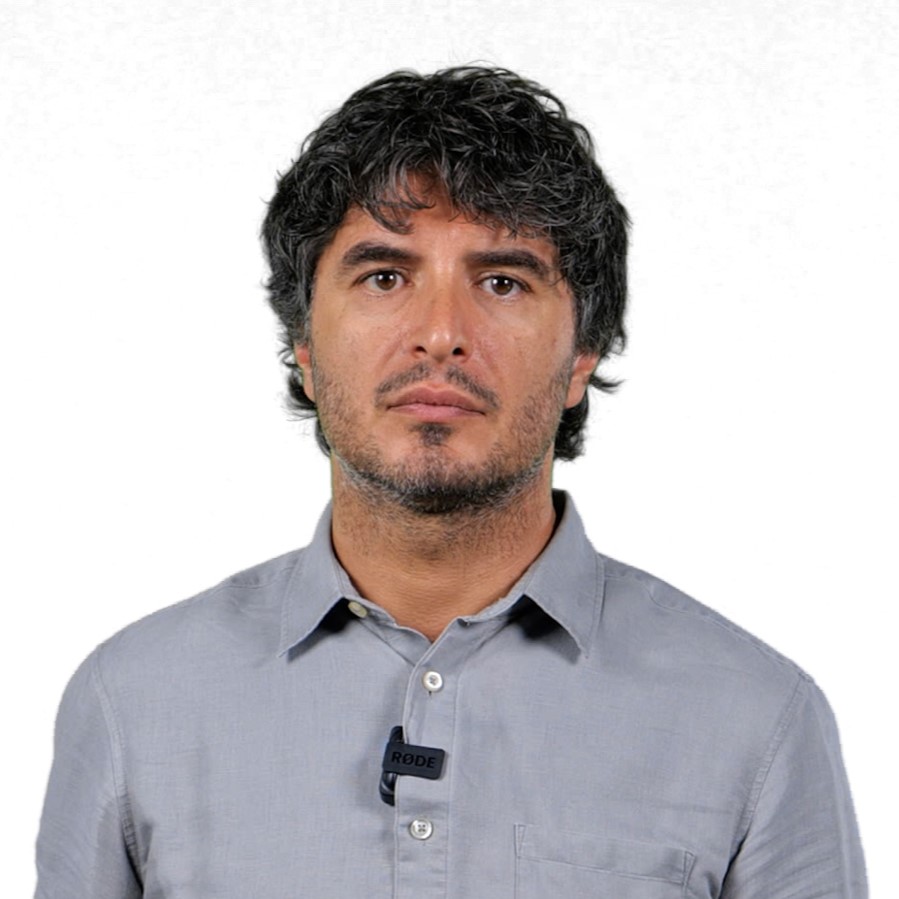
Giandomenico Caruso
Teacher
Associate professor at the Department of Mechanical Engineering, Politecnico di Milano. His twenties research activity focused on developing and exploiting emerging technologies related to Virtual and Augmented Reality to support industrial product development. He participated in and followed several national and European research projects, often with the role of coordinator of the development activities. The research projects cover various application fields, including industrial product development, automotive, cultural heritage, and medical. His teaching activities relate to the academic discipline “Design and Methods for Industrial Engineering”.
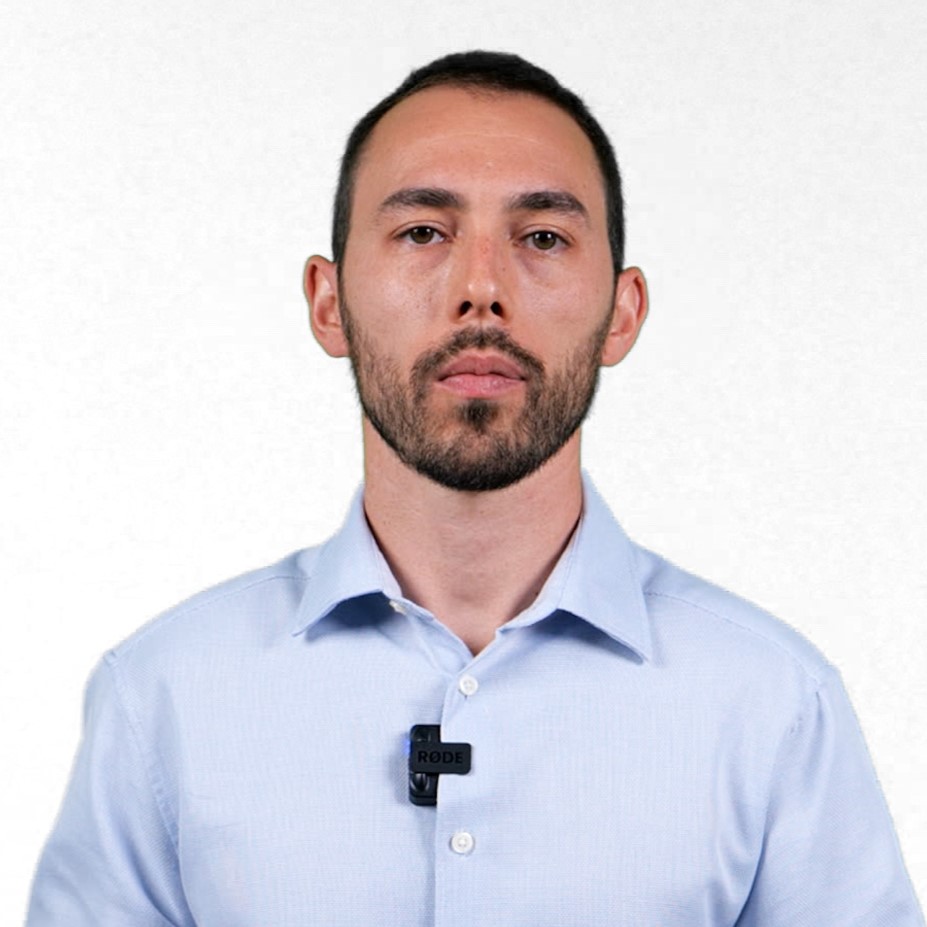
Nicolò Dozio
Teacher
Nicolò Dozio received his Ph.D. in Mechanical Engineering in 2023 from Politecnico di Milano. He is currently a postdoctoral researcher in the Department of Mechanical Engineering. His research interests include the use of eXtended Reality in the context of industrial training and exploring cognitive and emotional aspects involved in human-machine interaction.
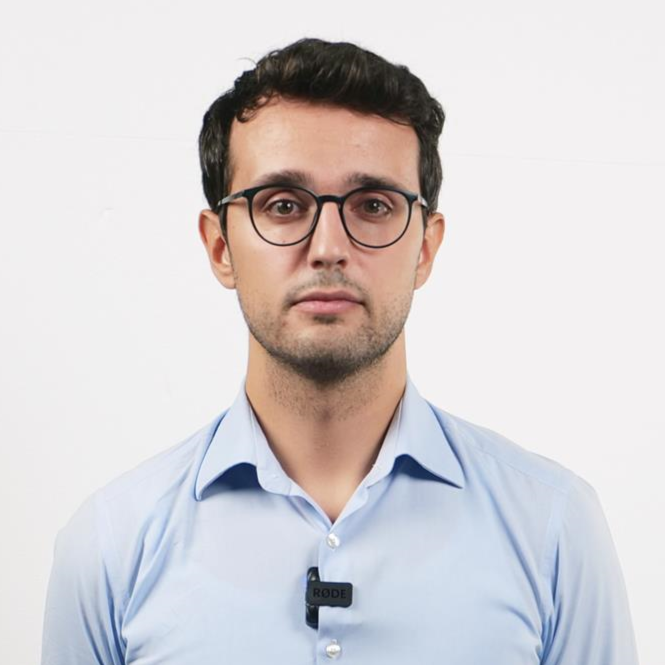
Riccardo Giussani
Teacher
Riccardo Giussani is a PhD Candidate at Politecnico di Milano. His research focuses on enhancing industrial training through the integration of cutting-edge technologies such as eXtended Reality (XR) and Artificial Intelligence (AI). His teaching activities include teaching XR development using game engines in courses such as “Haptics and Multisensory Interaction in Virtual and Augmented Reality” and “Virtual Prototyping and Haptics”.
Contact details
If you have any enquiries about the course or if you need technical assistance please contact pok@polimi.it. For further information, see FAQ page.